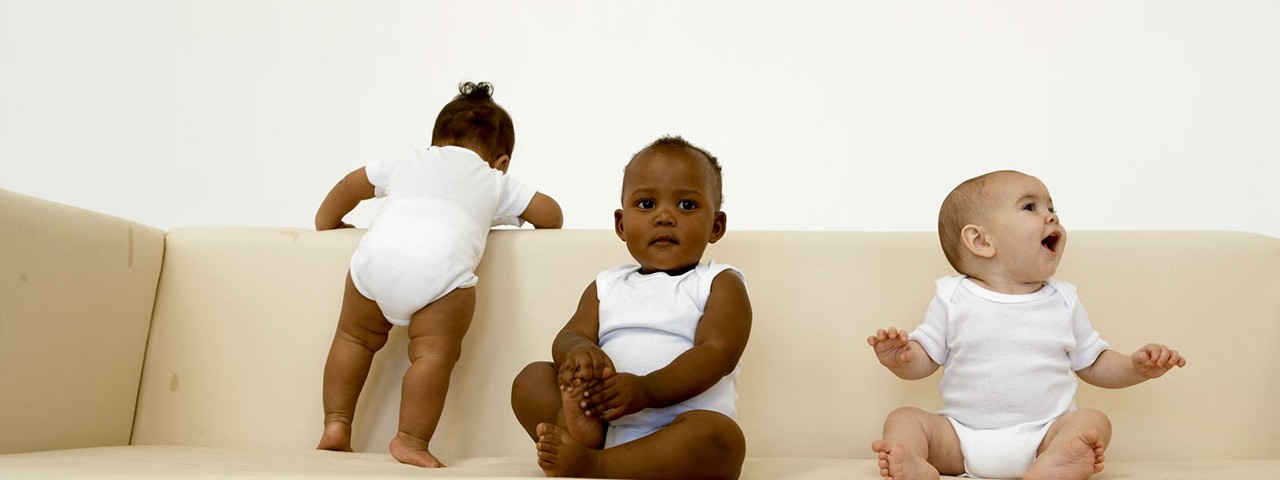Understanding the Relation Between Temperament and Behavior
- Tweet

Does your baby seem withdrawn and detached at times? Or on the contrary, are you concerned that your infant is too fussy and demanding? In either scenario, there is probably no need to fret.
You can't change your child's temperament, so help them develop strengths! Tweet this!Some children are naturally shy while others are naturally outgoing. Babies are individuals with unique traits that shape and characterize their personality. But during the earliest years of life, a baby’s brain is growing at a rapid pace and only time will tell what their true personality type will be.
Temperament refers to traits are present and apparent at birth. Every child has unique needs that parents must meet to promote healthy development. One child may be more sensitive and require more attention and affection to thrive, while another may feel comfortable and content with less interaction.
However, certain temperament characteristics are associated with the likelihood of later behavior problems. Research indicates that problem behaviors tend to fall into one of two categories: externalizing (aggressive, disruptive, or disobedient) or internalizing (anxious, depressed, or withdrawn). Both types can hinder a child’s academic and social performance.
Early child development experts have found that attentive parenting can help to mitigate these risks. As a parent, you cannot control who your child is at his core. But your actions can help to determine how well rounded and adjusted your child will become as he matures into childhood, adolescence and adulthood.
According to The Urban Child Institute, family structure, home environment, and parent-child interactions during the early years play significant roles in how a child’s temperament affects later behavior.
It’s important for children to learn how to effectively respond to situations and overcome challenges. Social and emotional skills begin developing during early childhood. Parents can set the stage for these skills to be learned effectively.
Research shows that children with difficult temperaments who are being raised in positive family environments are less likely to have behavior problems than children with difficult temperaments living in dysfunctional families.
Parenting that is harsh, aggressive or controlling can have adverse effects on your child’s social and emotional well-being. For example, being overly strict can cause your child to be less confident and less likely to express himself freely.
Positive parenting can help to steer children’s behavior in the right direction. Parents should create and maintain a warm, loving, and nurturing home environment that promotes safety, security, and exploration.
All children are different, and ultimately it is up to a mother and father to decide what parenting style works best for their child. Rather than trying to mold your child into who you think they should be, focus on allowing them to become exactly who they are meant to be.
Children who are more shy or withdrawn may need extra patience from you. Children who are overly excited or boisterous may require you to sometimes take a more assertive approach.
Remain loving, but not smothering. Never force your child to behave or act in a certain way. Don’t hesitate to address poor behavior when necessary, but be mindful of the disciplinary practices that you choose to implement.
By avoiding interference with overall emotional and social development, positive parenting will allow your child’s natural personality and unique identity to emerge in the best way possible.
This article was originally published by The Tri-State Defender
By Tarrin McGhee, owner of Pique Creative.
